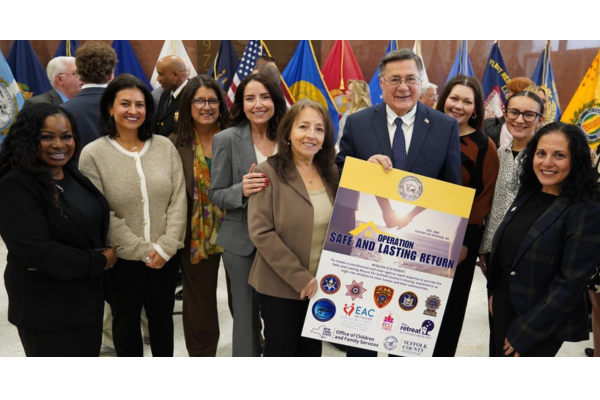#ThatsLove and #ThatsNotLove are shortcuts for talking about healthy and unhealthy relationship behaviors. When we recognize both sets of behaviors it makes it easier for us to see red flags, take action before abuse can happen, and move towards healthier behaviors.
If you are experiencing any of these unhealthy behaviors or see them happening in the relationships of your friends or family, reach out to The Retreat’s 24-hour hotline for help or advice at 631-329-2200.

#ThatsLove Healthy Relationship Behaviors
- Boundaries: Setting and respecting limits about what you and others are comfortable doing.
- Comfort: Sharing common interests and relaxed time together.
- Communication: Talking with one another openly. Expecting and resolving disagreements.
- Compromise: Respecting and expecting differences. Finding creative resolutions to conflict.
- Connectedness: Staying connected with other friends and family members.
- Consent: Asking first. Waiting for a “yes” and clear agreement. Respecting a “No.”
- Empathy: Identifying and understanding another person’s feelings.
- Equality: Fairness and balance. Both partners having an equal say.
- Fairness: Balance in decision making. One person doesn’t act like the “boss” or parent.
- Fun: Enjoying conversation, activities, and time spent together.
- Honesty: Telling the truth and being true to yourself to promote an authentic relationship.
- Independence: Making your own decisions. Spending time apart and with others.
- Privacy: Respecting personal space and privacy, both online and off.
- Requests: Asking instead of telling. Taking “no” for an answer. Letting go when asked.
- Respect: Honoring a person for who they are. Not pressuring or manipulating someone.
- Responsibility: Acknowledging mistakes and hurtful behavior. Keeping promises.
- Safety: Feeling comfortable and unafraid, both physically and emotionally.
- Support: Celebrating successes and helping as requested.
- Trust: Having confidence in the other person’s good intentions without monitoring them.

#ThatsNotLove UnHealthy Relationship Behaviors
- Blaming: Telling someone the abuse is their fault. “You asked for it.”
- Blind obedience: Always giving in to make someone happy. Following orders.
- Blow-ups: Getting angry to intimidate a person into doing or not doing something.
- Constant togetherness: Not allowing independence or time for other friends or activities.
- Control: Pressuring, manipulating or threatening someone to do or not do something.
- Demands: Telling instead of asking. Never taking “no” for an answer.
- Drama: An intense roller-coaster relationship with constant clashing and arguing.
- Gas-lighting: Pretending things did or didn’t happen to make a person feel crazy.
- Isolation: Losing connection to other friends or family members.
- Jealousy: Accusing someone of flirting. Not allowing someone to hang out with other people.
- Lack of balance: One person acting like the “boss” or parent and making all the decisions.
- Lying: Covering up feelings or making excuses for someone’s hurtful behavior.
- Monitoring: Keeping constant tabs on someone or stalking them online or in person.
- Possessiveness: Treating someone like a possession or object, like you own them.
- Shaming: Embarrassing someone on purpose. Making them feel unworthy.
- Threats: Scaring with threats to hurt themselves, someone else, or something.
- Violating boundaries: Invading personal space and privacy. Inspecting messages and posts.
